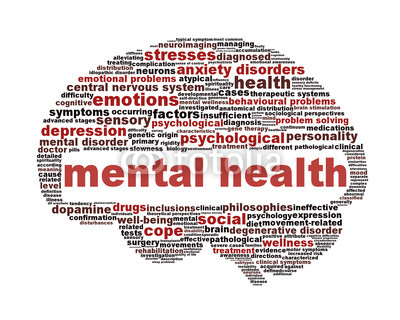 The Syrian migrant crisis has triggered the worst humanitarian emergency since the 1940s. The tragedy was felt worldwide in the photo of three-year-old Aylan Kurdi, whose body washed up on the shore in Bodrum, Turkey.
The Syrian migrant crisis has triggered the worst humanitarian emergency since the 1940s. The tragedy was felt worldwide in the photo of three-year-old Aylan Kurdi, whose body washed up on the shore in Bodrum, Turkey.
Since the early days of the Syrian conflict, Non-government Organizations and the International Medical Corps have worked with families along the Turkish, Jordanian and Lebanese borders. Mass displacement, economic despair, daily violence and the death of loved ones have led to a mental health epidemic.
As the political, financial and social issues are multi-faceted and complicated, there’s no simple solution to this catastrophe. But with the high cost of psychological suffering, we must begin to:
Raise professional awareness It’s time to educate mental health professionals to manage bias. Training for crisis intervention and PTSD are necessary on the front lines. And assessment teams are needed to regulate support systems that are vital to coping.
Raise patient awareness. Self-stigmatization is a major issue where shame overrides symptoms. And the usual response to shame is secrecy. We need to challenge the distortions while disseminating more positive and hopeful information about treating symptoms of stress, depression and anxiety.
Raise public awareness. Mental disorders are perhaps one of the last taboos in modern society. For years the National Alliance for the Mentally Ill has fought to reduce the stigma of mental illness. It’s now even more necessary to counteract stereotypes that stand in the way of effective treatment.
We have to bring these ideas into everyday conversations. For displaced refugees, the uncertainty of the journey and its outcome, as well as the loss of emotional support and the familiar, leave them feeling isolated and bereft. Seeing their daily struggles are heartbreaking. Will the picture that personifies collective failure finally shift our consciousness?
The reports and images have inspired widespread outrage. It’s time to open our hearts and minds to the possibility of initiatives that will provide safety and stability. Ours is an immigrant country. We have a moral responsibility to help build a world where there’s respect for everyone’s basic human rights.









